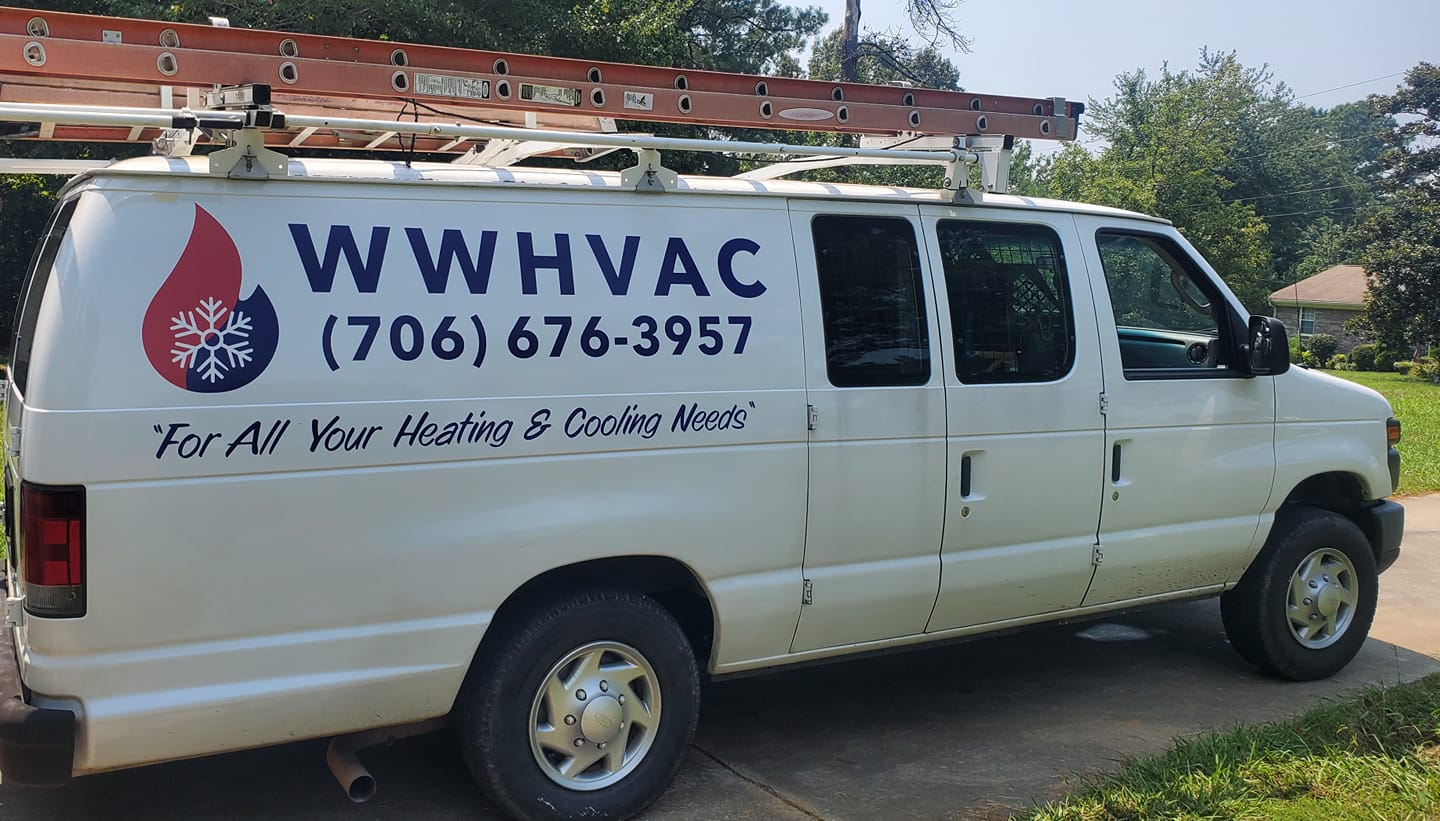
How to Choose the Right HVAC System for Your Home Nov 01, 2025
First and foremost, it is essential to assess your home's specific heating and cooling needs. Factors such as the size of your home, the number of windows, insulation quality, and the local climate play a significant role in determining the capacity and type of HVAC system required. A proper load calculation, often referred to as a Manual J calculation, performed by a professional, can help ascertain the system size that matches your home's requirements. This ensures that your new HVAC system operates efficiently and effectively, without overworking or underperforming.
Once you have a good understanding of your home's requirements, consider the different types of HVAC systems available. Here are some common options to explore:
- **Central Air Conditioning Systems**: These are ideal for homeowners seeking a consistent and quiet solution to cool their entire home. Central air systems use ductwork to circulate cool air throughout the house, providing balanced cooling and improved air quality. - **Ductless Mini-Split Systems**: Great for homes without existing ductwork, these systems are perfect for cooling specific zones or rooms. Ductless systems offer flexibility and energy efficiency, though they may require higher upfront costs.
- **Heat Pumps**: These versatile systems provide both heating and cooling by transferring heat between the inside and outside of your home. Heat pumps are highly efficient, especially in moderate climates, but may require a backup heating source in colder regions.
- **Furnaces**: For those living in colder climates, furnaces are a reliable choice for heating. They use either gas or electricity to heat air, which is then distributed throughout the home via ducts. Modern furnaces boast high energy efficiency ratings and are a common component of dual-fuel systems when combined with air conditioners or heat pumps.
Equally important is the consideration of energy efficiency, which not only helps the environment but also reduces long-term costs. Look for systems with high Seasonal Energy Efficiency Ratio (SEER) ratings for cooling and Annual Fuel Utilization Efficiency (AFUE) ratings for heating. ENERGY STAR-certified systems are often a wise investment, signaling adherence to rigorous energy efficiency guidelines set by the U.S. Environmental Protection Agency.
Before making a final decision, take time to evaluate the total cost of ownership, which includes initial investment, installation, potential modifications to your home (such as ductwork changes), and ongoing maintenance. Getting quotes from reputable HVAC service providers like WWHVAC can provide clarity on what different systems will entail financially.
Lastly, consider the importance of regular maintenance and professional installation. Even the best HVAC system fails to deliver optimal performance without proper installation and upkeep. Partnering with experts ensures that your system operates safely and efficiently, prolonging its lifespan and enhancing comfort in your home.
In conclusion, selecting the right HVAC system involves understanding your home's needs, considering different systems, prioritizing energy efficiency, and evaluating costs. With the expertise and guidance from WWHVAC, you can ensure a seamless decision-making process that leads to an investment in comfort and peace of mind for years to come. Make an educated choice and enjoy a truly comfortable living environment season after season.
/filters:no_upscale()/filters:format(webp)/media/b6fea05b-34e3-4ad1-a9d4-1be15e68c8c1.jpg)
/filters:no_upscale()/filters:format(webp)/media/2824f9ec-5a08-4210-ae0c-c67603983dac.jpeg)